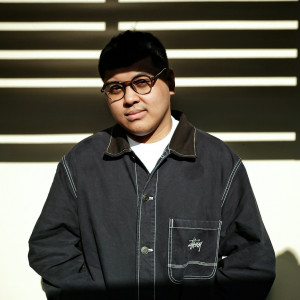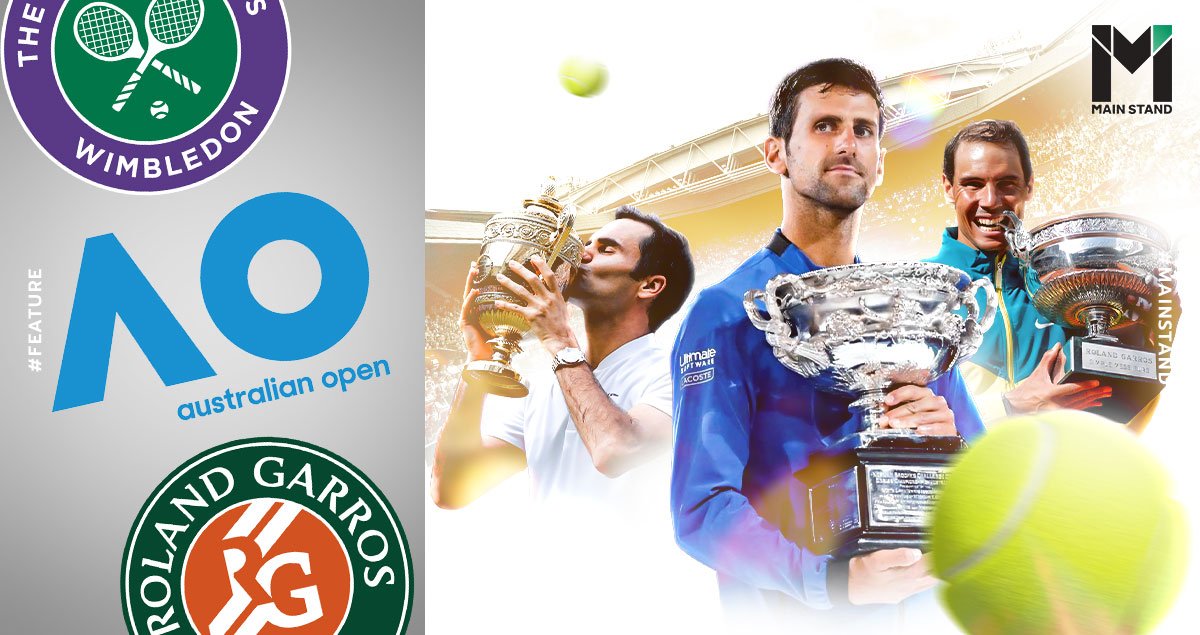
The 2022 AFF Mitsubishi Electric cup is set to kick off this evening.
Historically, the tournament has held huge significance for the fans and players of Southeast Asia, as the region’s top sides battle it out for the trophy every two years.
However, a number of ASEAN’s biggest superstars have opted out of this year’s competition, and some of the tournament’s traditional powerhouses are fielding diminished squads.
Join Main Stand and freelance writer Gian Chansrichawla to discover why many of the region's top stars are missing this AFF Cup and what that could mean for the competition.
A historic competition
While the competition may be sporting a new name this year for sponsorship reasons, its legacy goes back decades and has long been used to crown the kings of ASEAN.
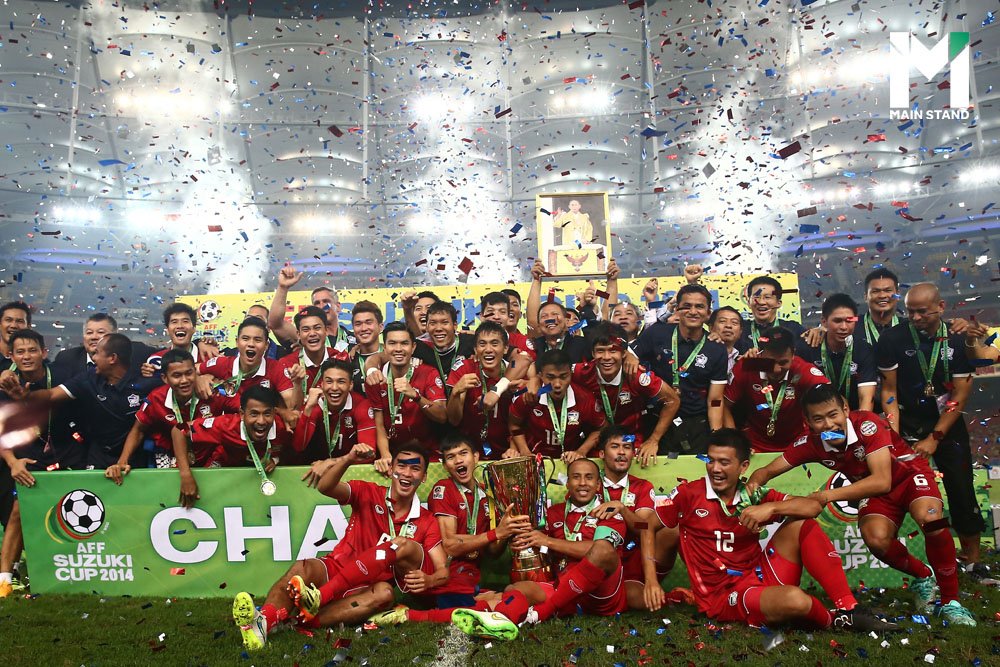
Recent competitions have served unforgettable moments, such as the triumph of Thailand’s ‘Golden Generation’ in 2014 and 2016, before Vietnam’s impenetrable side under Park Hang-Seo took the title in 2018.
The tournament’s latter stages typically see enthralling encounters in front of packed crowds, and Southeast Asian football fans continue to reminisce on the tournament’s greatest moments in years past. For many players in the region, representing their country in this tournament is among the highlights of their careers.
However, ahead of the 2022 AFF Mitsubishi Electric Cup, many of ASEAN’s top players have declined to participate, and major nations are sending weakened squads, most notably Thailand and Malaysia.
In the latter’s case, the absence of players from Johor Darul Ta’zim (JDT), the dominant force in Malaysian football for the past decade, will be a major blow.
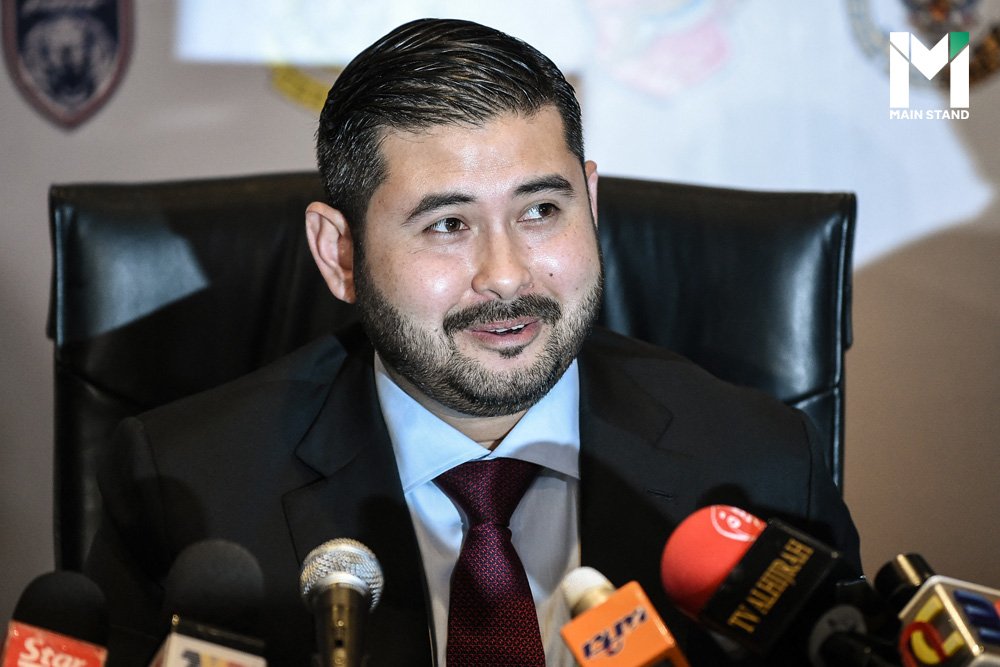
JDT owner Tunku Ismail Ibni Sultan Ibrahim (commonly known as TMJ) recently made headlines for defending his players’ decision to refuse call-ups to the Malaysia national team for the AFF Cup.
“Players are human beings, who have been playing and training since January,” he explained. “This year, the AFF Cup ends on January 15th. When do the players get a break? Players are not machines.”
Meanwhile, Thailand also come into the tournament with reduced firepower. J.League stars Chanathip Songkrasin and Supachok Sarachart chose to rest and recuperate ahead of a crucial pre-season campaign, where they hope to establish themselves as regulars with Kawasaki Frontale and Consadole Sapporo, respectively.
In addition, Buriram United’s Supachai Jaided, Suphanat Mueanta, and Rattanakorn Maikami chose to embark on a second training program with Premier League side Leicester City, with owner Newin Chidchob arguing that the exhange will be more beneficial to their development than another AFF Cup campaign. Lastly, Bangkok United refused to release any of their players from the squad, after having four representatives in last year’s team.
AFF fatigue?
Due to the outbreak of the COVID-19 pandemic, the 2020 iteration of the competition was postponed to the end of 2021. As a result, it has been less than 365 days after Thailand lifted their sixth AFF Cup championship in Singapore.
The biennial competition seemed to come around just frequently enough to keep the region’s rivalries simmering but not too often as to overstay its welcome. Even then, in a cluttered football calendar with an ever-increasing number of games, some have suggested the tournament be played more sparingly, like the World Cup and Asian Cup.
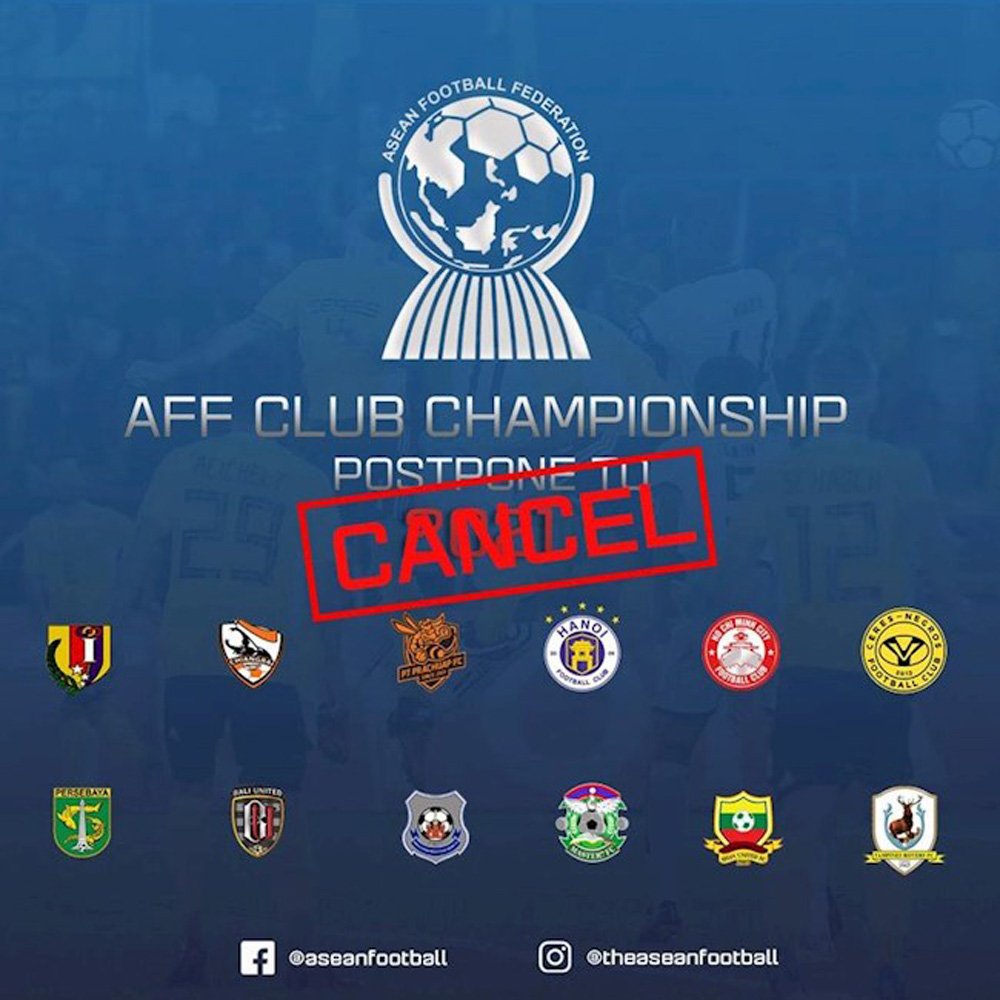
With more players moving outside the region to play their club football and more ASEAN participation in continental tournaments, it seemed like the move to a four-year cycle was becoming more popular. Furthermore, shifting the calendar could make room for something like the long-teased “ASEAN club championship,” which has been on hold since 2020.
Therefore, going against the tide and holding two tournaments in back-to-back years surely takes a bit of the shine off the competition.
Part of what makes the World Cup the most anticipated sporting event on the planet is precisely that comes around only once every four years. Players only get a handful of chances to compete throughout their careers; none would even dream of missing it. As a result, each win becomes more significant, and each elimination more soul-crushing.
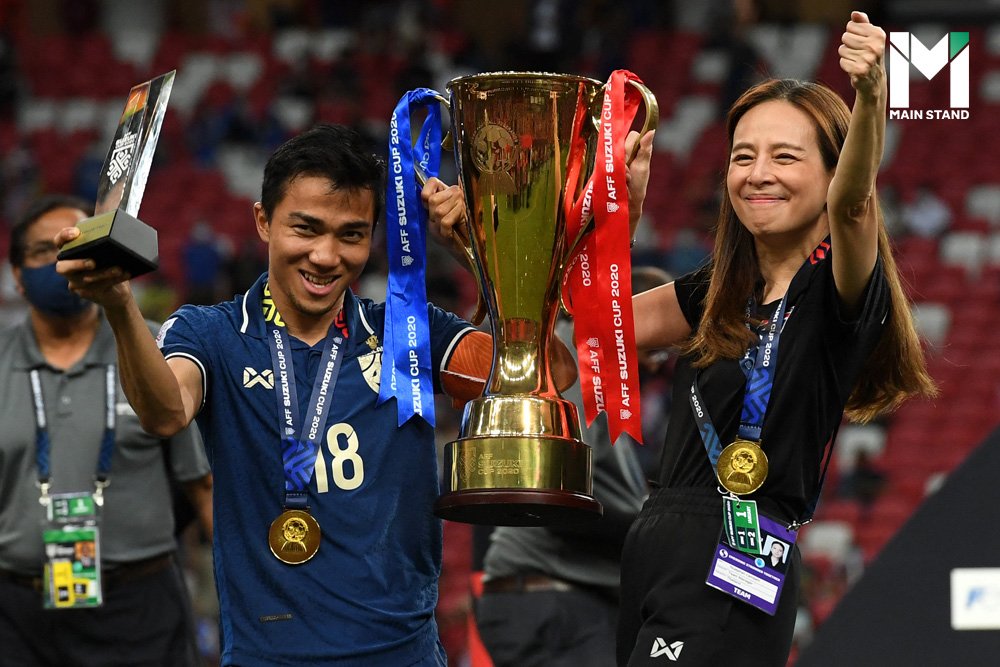
This translates directly to more tension and drama for fans, who have regularly resisted attempts by FIFA to make the competition more frequent.
By contrast, most ASEAN players know they will still get another chance to shine even if they skip out. Three-time MVP Chanathip Songkrasin, for example, will be missing his second tournament after already sitting out the 2018 edition due to club commitments.
Looking towards Asia
One of the most common criticisms of the AFF Cup is that it doesn’t occur during ‘FIFA Days’ on the international football calendar, meaning that clubs are not obliged to release their players for the tournament. This is the primary reason many club owners have refused to release their players for this year’s competition.
Still, the tournament has always been held outside the FIFA calendar, and ASEAN clubs have always been prepared to make exceptions in the past. Why are things so different this time around?
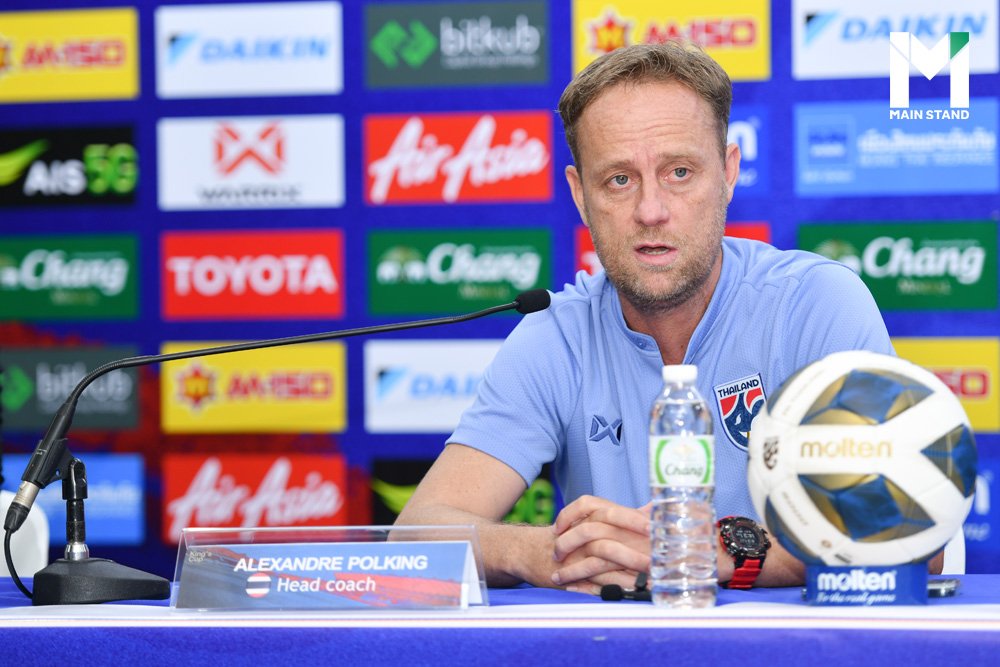
Ahead of last year’s tournament, Thailand head coach Mano Polking reflected on the importance of the AFF Cup for local fans in an interview with Thai League Central.
“The coach is always judged for the [AFF] cup because it’s the one that is winnable,” he explained. “The people, including me, get excited for that cup because it’s the trophy you can see in your hands. They see the possibility to win the title, to take the trophy, to celebrate, and that’s why there is so much prestige around it.”
As a result, the AFF cup has become the most revered and celebrated ‘sub-confederate’ competition, far more important in its member nations than its counterparts such as the EAFF E-1 Championship in Northeast Asia or the SAFF Championship in South Asia.
However, the AFF Cup is now just one of many games in town, and the biggest sides in Southeast Asia are now looking toward the continental stage rather than the regional one.
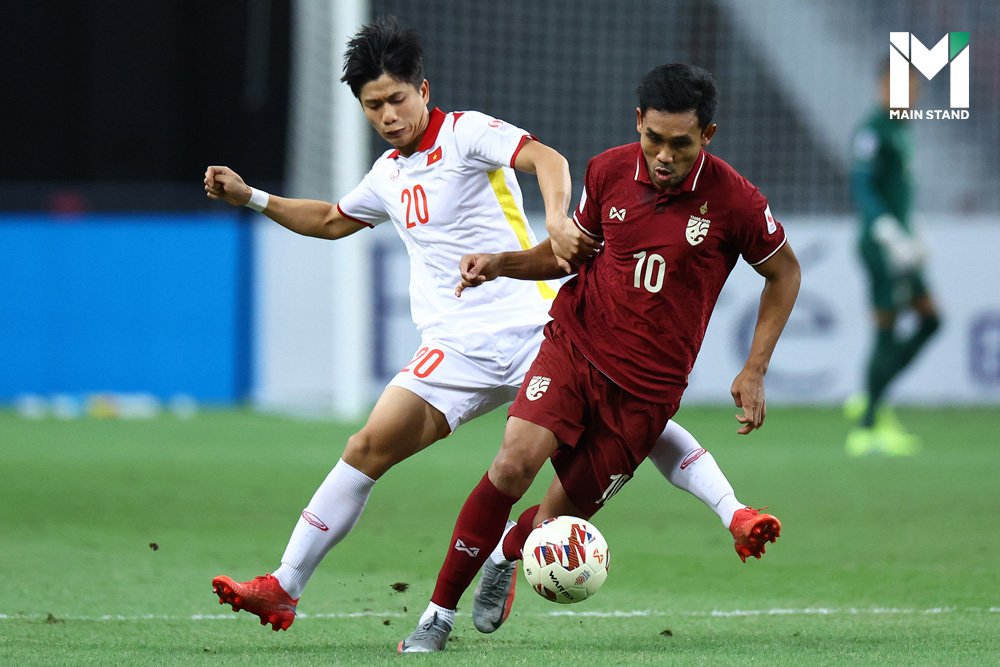
For a start, all four of ASEAN football’s powerhouses (Thailand, Malaysia, Indonesia, and Vietnam) successfully qualified for the AFC Asian Cup together for the first time, excluding their co-hosting in 2007.
The story is similar in club football, as clubs from Thailand (BG Pathum), Singapore (Lion City Sailors), and Malaysia (JDT) all managed victories over South Korean opposition in the group stage of the 2021 AFC Champions League.
As part of the same aforementioned statement, JDT’s TMJ continued, “the players have already shown their commitment by qualifying for the Asian cup. We need to think bigger.”
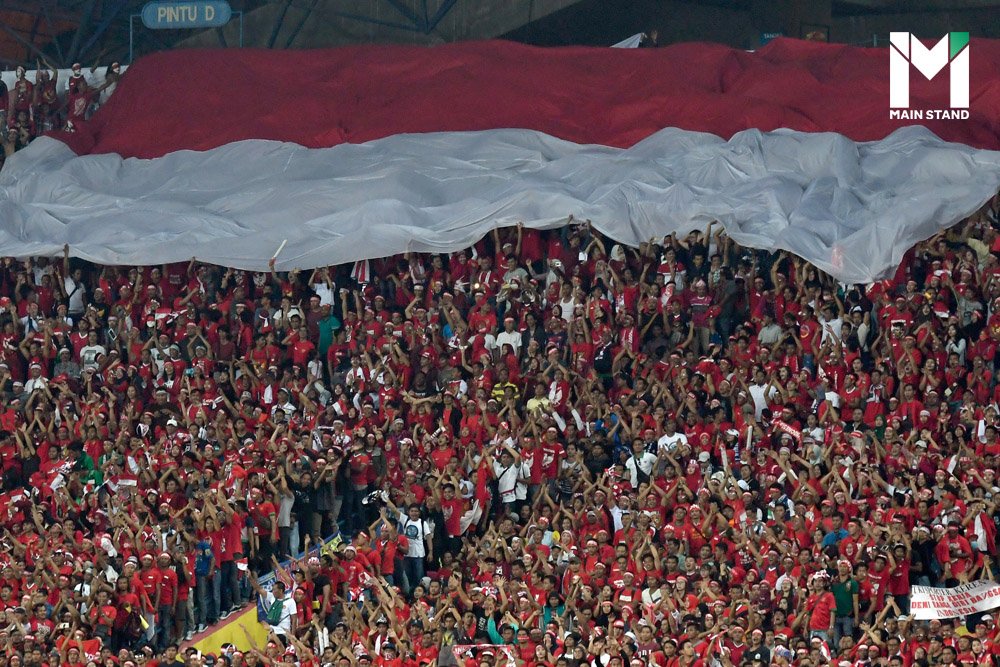
Similarly, for Indonesia, hosting the 2023 U20 World Cup will take most of their focus. The Garuda are hoping to use that tournament as a springboard for a new generation of young stars who could lead the country to greater heights than ever.
Lastly, after being the only ASEAN team to make the final round of World Cup qualifying in 2022, Vietnam have also been making an impression on the rest of Asia.
With runs deep into both the Asian Cup and World Cup Qualifying now a real possibility for the biggest teams in the region, supporters are being given chances to celebrate on an even bigger stage than this one.
Still worth a watch
All that being said, there is still plenty of interesting narratives and storylines coming into the competition and a high chance of quality entertainment once again.
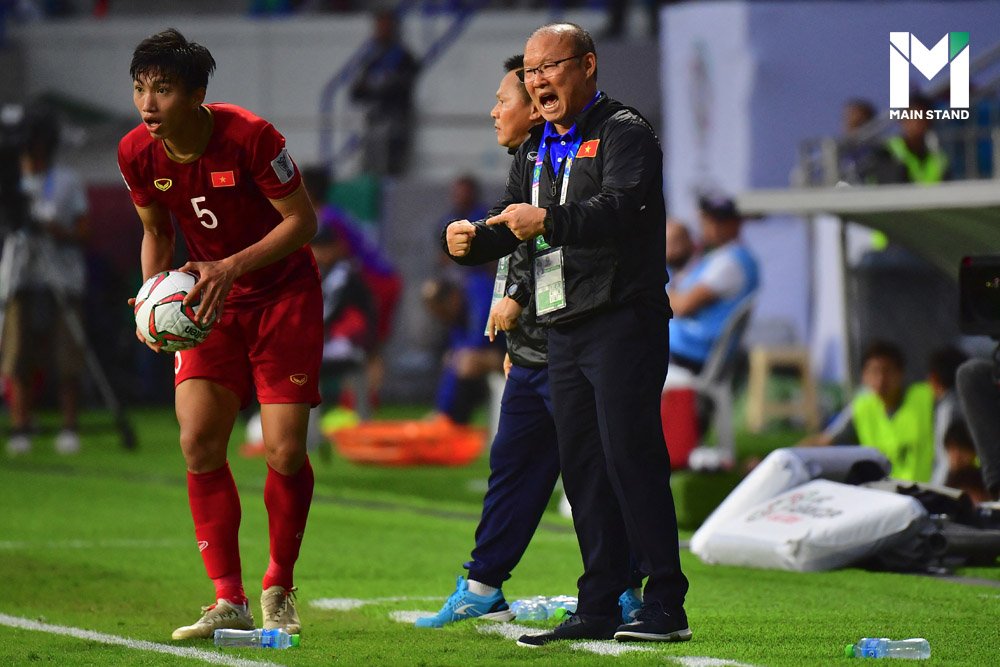
This will be the last AFF Cup for Vietnam head coach Park Hang-seo, who has turned the Golden Star Warriors into arguably the region’s dominant force. After being eliminated in the semi-finals last year, he and his troops will be eager to reassert their regional dominance and end his reign with another triumph.
Meanwhile, Indonesia will also be among the favorites as they are bringing a full-strength side in an attempt to win their first AFF Cup trophy. Now armed with naturalized stars Sandy Walsh and Jordi Amat and another year of training under Shin Tae-yong, the Garuda are a force to be reckoned with and will be eager to avenge their defeat in last year’s final by pipping Thailand to the top spot in Group A.
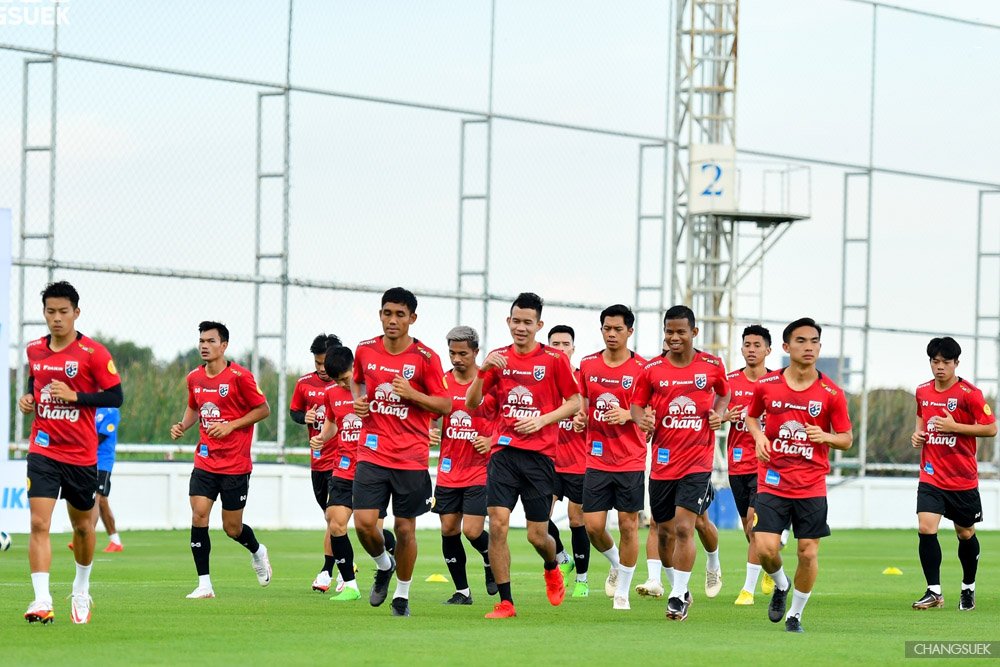
The War Elephants come with a slightly rotated group, but star names from last year’s tournament like Theerathon Bunmathan, Sarach Yooyen, Kritsada Kaman, and all-time AFF Cup top scorer Teerasil Dangda are still on the roster. The presence of slightly ‘fringe’ players with much to prove to head coach Mano Polking could make the side feisty and competitive.
The magic of the AFF Cup lies not only with the players on the pitch but with the passion of the fans and the renewing of regional rivalries. Despite the major absences, this year's competition can still be incredibly significant for those involved.
Sources:
https://www.vocketfc.com/tmj-piala-aff-hanya-pengacau-bila-pemain-nak-dapat-cuti/?fbclid=IwAR3NDohjt5h093YKKU9cz41x0Wf0F8xvfbezCz-zjg4WgDIqViDQaJimkWg#:~:text=Pemilik%20Kelab%20Bola%20Sepak%20Johor,Piala%20AFF%20Mitsubishi%20Electric%202022
https://www.youtube.com/watch?v=qmiLjdJHfXM
https://www.affmitsubishielectriccup.com/2022/



